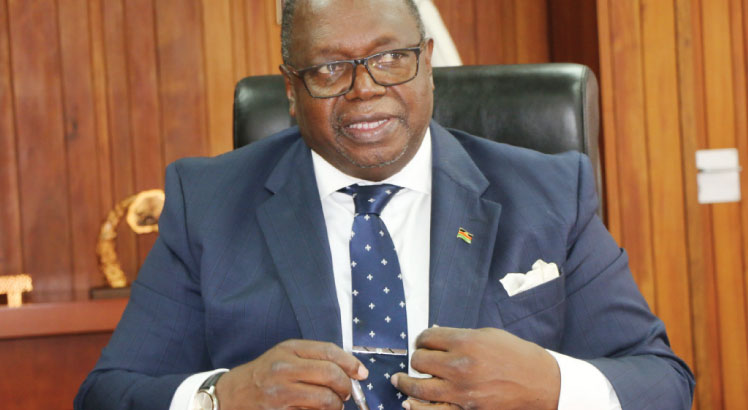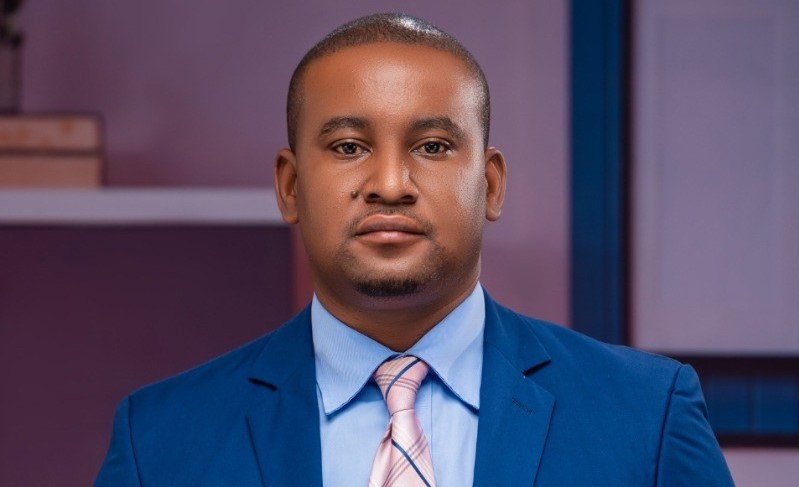RBM sees light in debt restructuring negotiations
The Reserve Bank of Malawi (RBM) says debt restructuring agreements with Afreximbank and Trade and Development Bank could help the country save $700 million (about K766 billion) in debt repayment during the moratorum period.
Speaking during a press briefing in Lilongwe last week, RBM Governor Wilson Banda said the agreements the Malawi Government is seeking from African Export and Import Bank (Afreximbank) and Trade and Development Bank (TDB) are moratoriums to extend loan repayment periods without further interests.
Said Banda: “Those are total principal amounts. Afrexim and TDB are definitely looking at anything above $700 million then we have the other institutions like India and China.”

“But in the event that debt cancellation becomes an option that is something that would help us. We have made a lot of progress though it is not yet a done deal.”
Malawi owes Afreximbank about $757 million (about K828 billion) and owes TDB about $145 million (about K158 billion. TDB is the financial arm of the Common Market for Eastern and Southern Africa.
Malawi has requested the International Monetary Fund (IMF) for a four-year Extended Credit Facility (ECF) to help address balance of payments challenges.
As part of qualifying for the Internatonal Monetary Fund (IMF) Extended Credit Facility, the global lender set addressing unsustainable public debt, currently at K7.9 trillion, and resolving a case of alleged misreporting of foreign-exchange reserves as prerequisites for its support.
As the IMF board is set to meet on Malawi programme in November, Banda expressed optimism that by then debt restructuring discussions would have been finalised.
He said the country’s external lenders have their own internal issues that need to be ironed out before debt structuring deals are concluded.
Mzuzu University economist Christopher Mbukwa described the pending debt restructuring deals as critical to the economy.
He said: “Debts are weighing heavily on our shoulders. If you are talking about interest payments only, they are taking almost a third of the national budget which is higher than any other expenditure to any sector.
“The other critical point is that it will bring back the ECF which is important because of one aspect that brings donor confidence. They are able to come in to support various programmes.”






One Comment